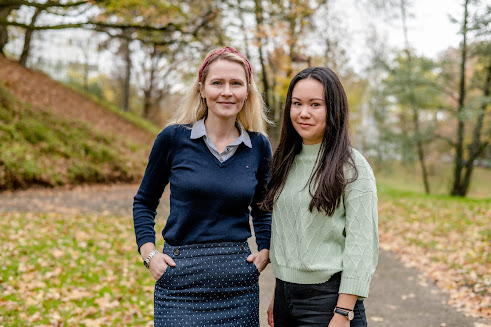 |
| Illustration Credit: Yesenia Carrero /UConn |
These professors made a ridiculously hard logistics problem easy to solve. In the process, they smashed a basic tenet of computer theory. And now they’re offering a $10,000 prize to anyone who can show they’re wrong.
“You have many choices to make. What’s your best choice, given limited resources, to maximize your profit?” asks Moustapha Diaby, an associate professor of operations management in UConn’s School of Business.
It may be the basic question of life in a capitalist society. It’s also the basic question behind operations research, a field of study that blossomed in the 1940s. One of operations research’s basic insights is that linear programming, which is part of a broader technique called “constrained optimization,” can answer these common business questions, says Diaby.
Imagine, for example, that you run an oil refinery. You need to decide how much gasoline (g) and diesel fuel (d) to make from each barrel of oil in order to maximize your profit. If you make a $3 profit per gallon of gas, and $5 per gallon of diesel, the objective of the optimization problem would be to maximize 3g + 5d.















.jpg)
